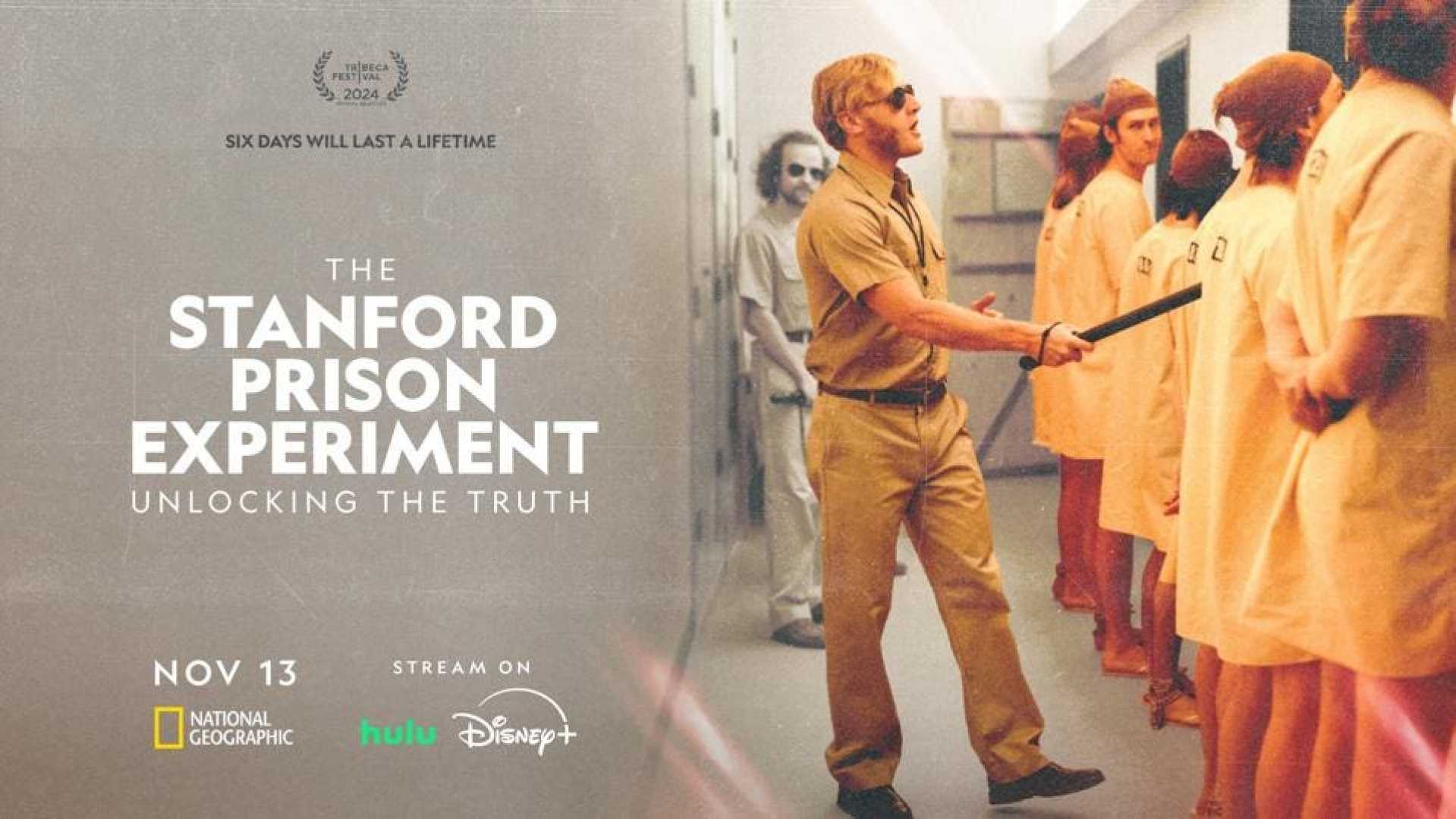News
New Documentary Sheds Light on the Controversial Stanford Prison Experiment

A new documentary titled ‘The Stanford Prison Experiment: Unlocking the Truth’ has been released, offering a fresh and in-depth look at one of the most notorious psychology studies in history. The documentary, streaming on Disney+ and available on Roku, features firsthand accounts from the original prisoners and guards who participated in the 1971 experiment conducted by Stanford University psychologist Philip Zimbardo.
The Stanford Prison Experiment was a groundbreaking but highly controversial study where 24 male college students were randomly assigned roles as either prisoners or guards in a mock prison setting in the basement of Stanford’s psychology building. The experiment was designed to assess the psychological effects of these roles, but it quickly spiraled out of control. Guards began to exert extreme control over prisoners, using tactics such as sleep deprivation, solitary confinement, and psychological manipulation, which led to severe mental and emotional distress among the participants.
The documentary delves into the journey and the story behind the experiment, highlighting the rapid adaptation of participants to their roles and the dangerous situations that ensued. It also addresses recent criticisms of the experiment, including allegations by Thibault Le Texier that the guards were given clear instructions to create a pathogenic social environment, challenging the spontaneity of their reactions.
Philip Zimbardo, who played the role of ‘prison superintendent’ during the experiment, has acknowledged the powerful influence of situations on human behavior. The experiment was halted after just six days due to the extreme conditions and the intervention of Christina Maslach, Zimbardo’s girlfriend at the time, who pointed out the reality of the situation.
The documentary, produced by National Geographic, features executive producers Alex Braverman, Josh Cole, Cristina Costantini, Juliette Eisner, Darren Foster, and Jennifer Wood, among others. It aims to provide a comprehensive and nuanced understanding of the Stanford Prison Experiment and its lasting impact on psychology and ethics.












